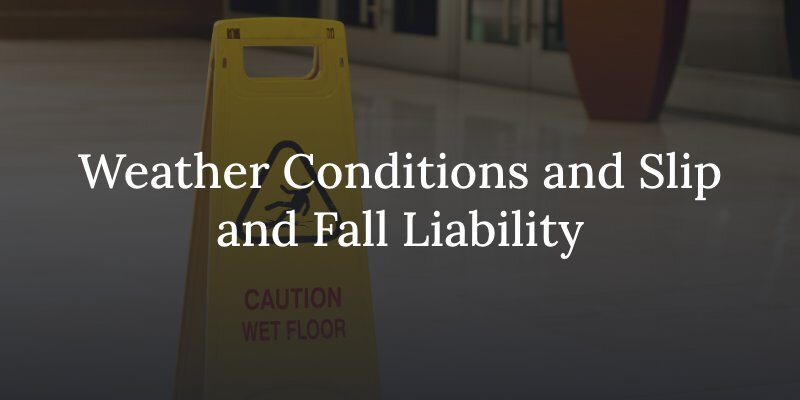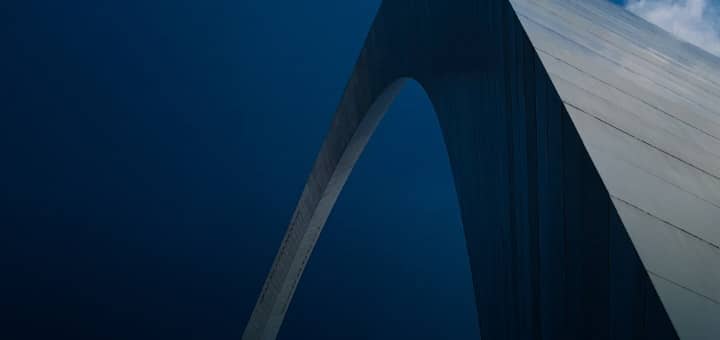Property owners are responsible for maintaining their property in a safe condition that is free of safety hazards that could endanger those lawfully on a property. If they know of a hazardous condition on their property they must promptly address it with signage and repairs. During rainy seasons, slip-and-fall accidents become more common, but many fall victims wonder, “Can I still recover compensation for serious injuries from a fall if it was raining?” It’s important to know how rain impacts liability for slip-and-fall accidents.

When Is a Property Owner Liable for a Slip and Fall Injury When It’s Raining?
Proving liability for a slip-and-fall accident can be challenging when the fall occurs during rainy weather. In wet weather conditions, people must take proper precautions to dress appropriately, such as wearing sturdy shoes with good tread for proper traction. Property owners and commercial business managers cannot control the weather; however, there may be some circumstances in which they bear liability for a slip-and-fall accident because they failed to address a hazard of which they were aware, or should reasonably have been aware was present. Some examples include the following:
- Having a business in a known flood zone and failing to prevent water from collecting in areas of public access
- Failing to place absorbent mats, fans, or other measures to ensure floors are dry in entry points where people track in water
- Allowing potholes or cracked surfaces to fill with water in parking lots or walkways
- Neglecting to place wet-floor or slippery when wet warning signs
- Failing to take measures to address wet areas by mopping or otherwise drying floor surfaces in a timely manner
While property owners are not legally liable for the weather, they have a duty to promptly address known safety hazards to prevent injuries to invitees or those legally on the property, including repairing slip-and-fall hazards that develop on their business premises or property during rain.
How to Prove Liability for a Slip-and-Fall Accident In the Rain
All premises liability claims require showing evidence that the property owner was aware of a safety hazard and that they didn’t take action to address the danger. In a slip-and-fall accident during the rain, meeting this burden of proof requires evidence that the owner knew the area was slippery because someone else had fallen there before, they have video footage of others slipping, they have previous accident reports of similar problems, or eyewitness testimony shows that the property owner was aware of the problem and failed to take the necessary precautions to prevent injuries to others. A St. Louis premises liability lawyer can help establish this aspect of your case.
What Is the “Storm In Progress” Defense for Property Owners?
Depending on the circumstances, the property owner could use the defense that the rain was still in progress when the slip-and-fall accident occurred. For instance, during a thunderstorm, a property owner or manager isn’t expected to go outside in dangerous conditions to dry the walkway to their front door. This defense can make a successful claim challenging, but proving that some time went by between the storm and the fall can make a compelling case. The fall victim could also show that the owner was aware that an area on their property became dangerously slippery in previous storms and they failed to take measures such as repairing the area or placing warning signs like “Slippery when wet” to prevent harm from coming to those lawfully on the property.
What Can I Get From a Slip-and-Fall Accident Claim?
A successful claim for damages after a slip-and-fall accident recovers compensation for the victim’s medical expenses, income loss, pain and suffering, and loss of life quality due to disability. The amount of compensation a slip-and-fall victim recovers in a claim depends on the nature and severity of their injury and whether or not the injury caused permanent partial or total disability. Contact our St. Louis personal injury lawyer for help with your case.

